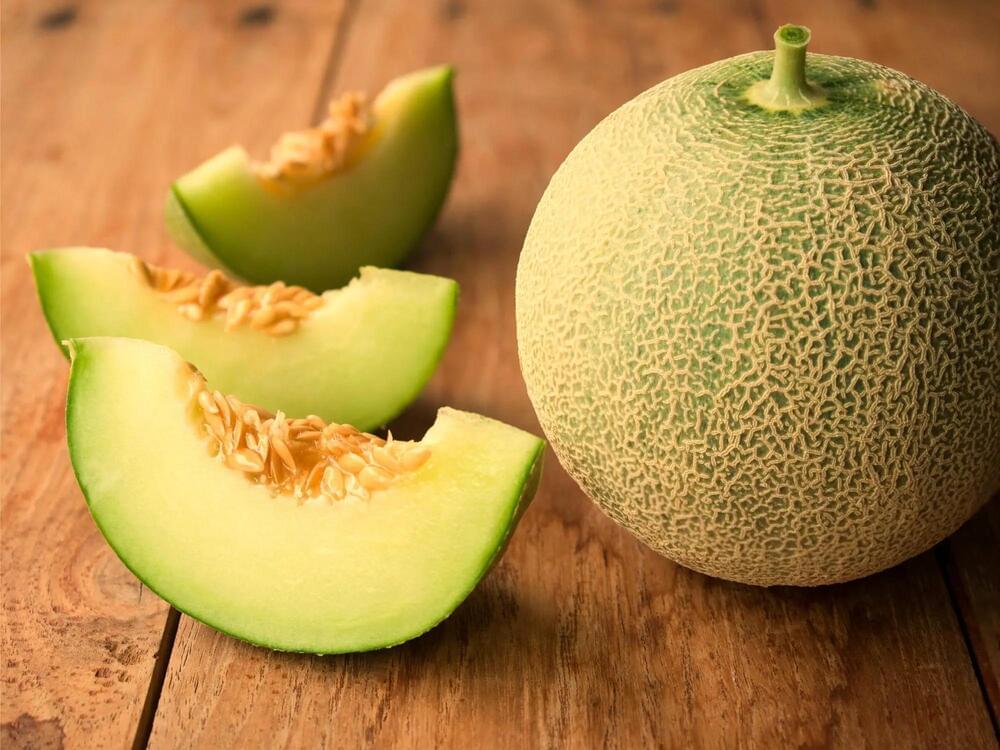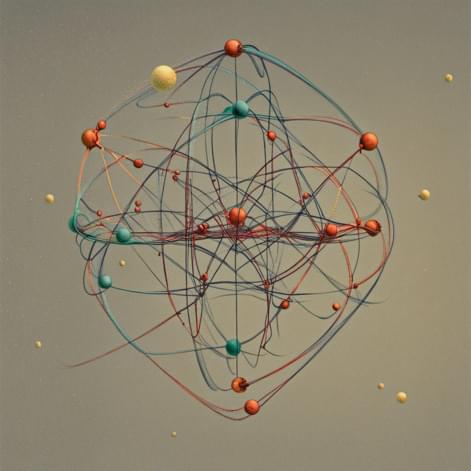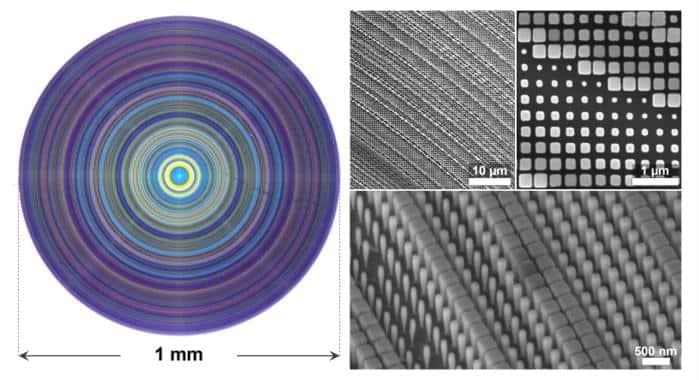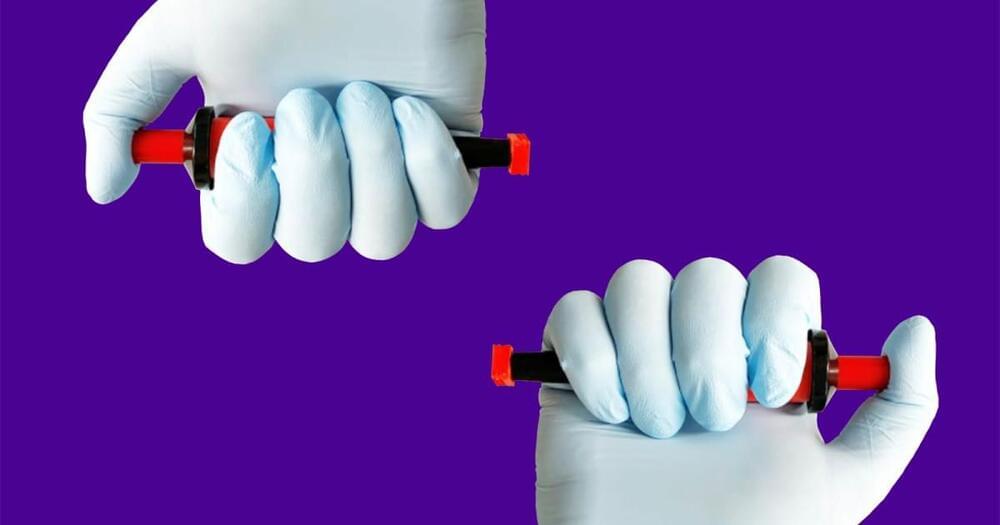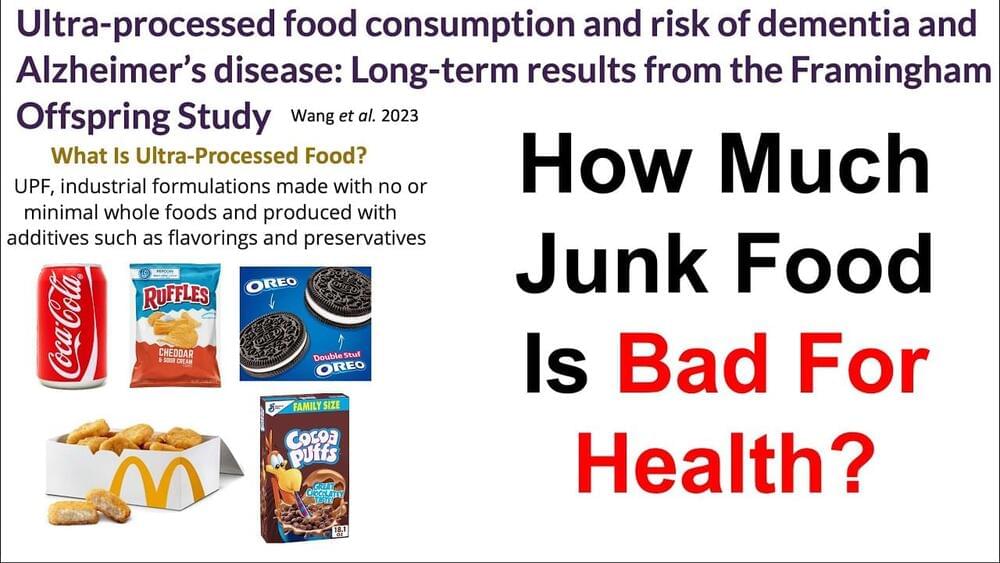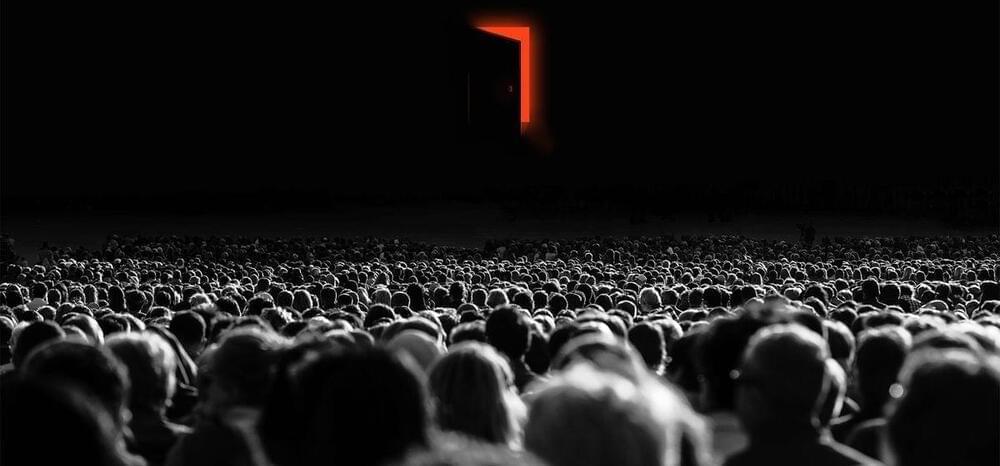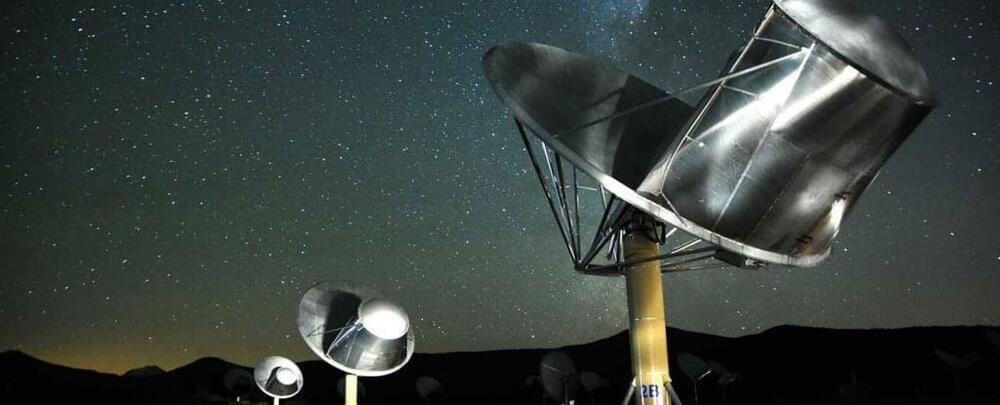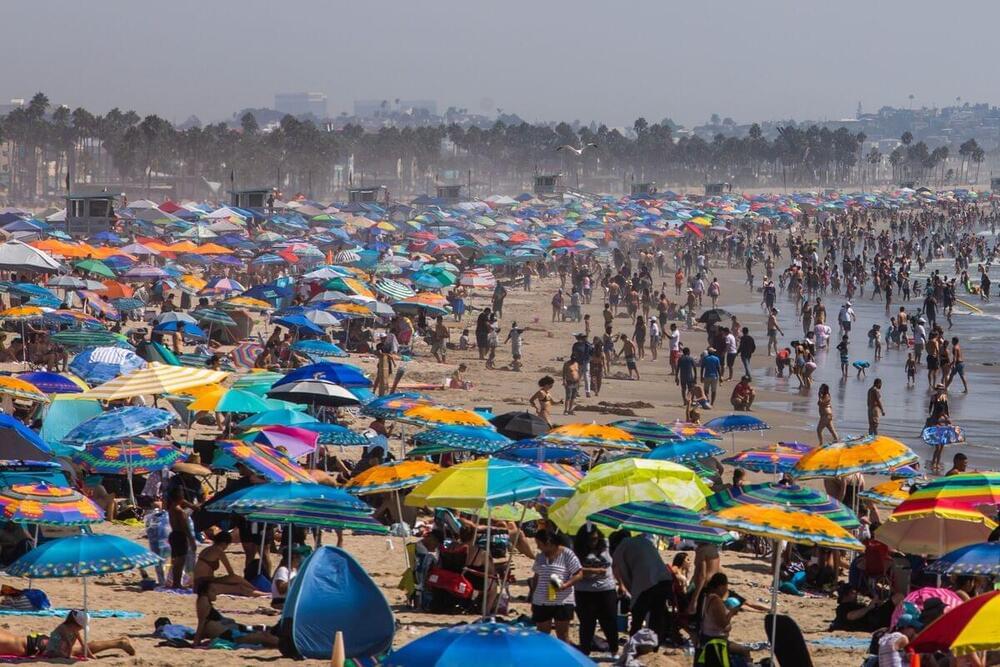Jul 30, 2023
Scientists Use Gene Editing To Create a Better Melon
Posted by Dan Breeden in categories: bioengineering, biotech/medical
The plant hormone ethylene, in its gaseous state, has long been recognized for its ability to hasten fruit ripening and has a notable impact on shelf-life. In a recent study, scientists used the CRISPR/Cas9 system for gene editing to modify the ethylene production pathway in the luxury Japanese melon (Cucumis melo var. reticulatus “Harukei-3”) to increase its shelf-life.
Their findings were recently published in the journal Frontiers in Genome Editing.
The enzyme 1-aminocyclopropane-1-carboxylic acid.
